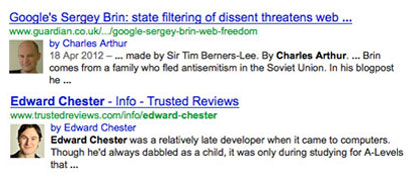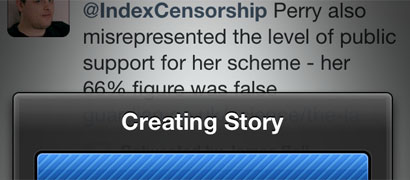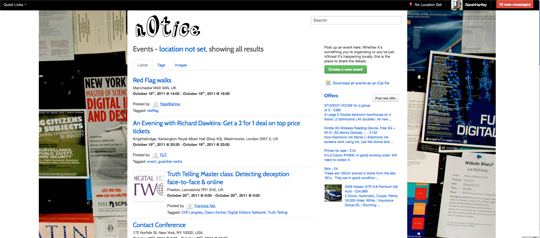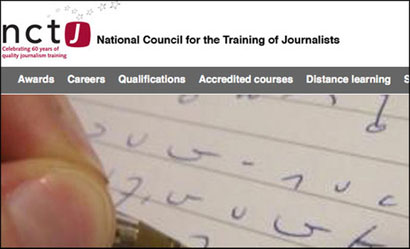
More than one in 10 Google UK search results includes at least one journalist photo and bio byline, according to a study by search and social analytics company Searchmetrics.
The study looked at the top 100 search results from 1 million keywords and found that 13 per cent included journalist bios and pictures for the author of articles.
Getting a photo and bio displayed in search results requires a journalist to have a Google+ account and their profile to be linked with news stories (instructions on how to do this are here).
UK writers in the top 20 include Charles Arthur, the Guardian’s technology editor, and Edward Chester, reviews editor at TrustedReviews.com.
US journalists dominate the top 20, “meaning UK journalists and publications are missing out on increased visibility, traffic and potential advertising revenue”, according to a release from Searchmetrics.
The author profile feature, known as authorship markup, is something that Google has been rolling out since the end of last year. It includes author profile information with a thumbnail image and links.
The release states:
Journalists and bloggers who write about technology, medical and food topics are among those that are most visible in author profile integrations according to the study by search and social analytics company, Searchmetrics, which analysed Google UK search results relating to one million popular keywords.
Marcus Tober, founder and chief technology officer of Searchmetrics said in a statement:
More writers from US-based sites are appearing in the top 20 because authors generally need to have a profile on the Google+ social network to be displayed in author integrations – and we assume more writers for US sites are on Google+ and also Google has possibly encouraged some US sites to set up their articles for author integrations.
It was surprising to see more than one in ten of the results tested are showing author integrations because this is still a new feature – it’s much higher than I expected.
Searchmetrics top 20 authors with picture and bio bylines
Author, Writes for (includes), Topic, Page 1 integrations*, Total integrations**
- Elaine Lemm , NYT, About.com, Food, 581, 1,989
- Dr. Melissa Stöppler, WebMDNetwork, Medical, 545, 1,412
- Diana Rattray, About.com, Food, 530, 1,529
- Tim Fisher, About.com, Technology, 472, 1,897
- Alison Doyle, About.com, Job search, 438, 1,442
- Dr. William Shiel, WebMDNetwork, Medical, 403, 866
- Dr. Ben Wedro, MDDirect.org, Medical, 328, 877
- Dr. John Cunha, WebMDNetwork, Medical, 328, 790
- Bradley Mitchell, About.com, Technology, 321, 1,363
- Cathy Wong, About.com, Alt Medicine, 316, 839
- Stephanie Jaworski, JoyofBaking.com, Food, 307, 1,005
- Laura Porter, Visit Britain, About.com, Travel, 281, 1,929
- Edward Chester, TrustedReviews.com, Technology, 264, 733
- Luke Westaway, CNET UK, Technology, 254, 1,292
- Gordon Laing, Cameralabs.com, Photography, 248 , 1,200
- Charles Arthur, Guardian, Technology, 218, 1,271
- Laura K. Lawless, French, About.com, Languages, 218, 705
- Hubertus Keil, Alicante-Spain.com, Travel, 214, 1,070
- Adam Pash, Lifehacker, Lifestyle/Tech, 204, 1,311
- Richard Trenholm, CNET UK, Technology, 200, 1,931
*The number of times a writer appears in author profile integrations displayed on the first page of Google.co.uk search results in Searchmetrics’s study
**The total number of times a writer appears in author profile integrations displayed in Google.co.uk search results in Searchmetrics’s study







